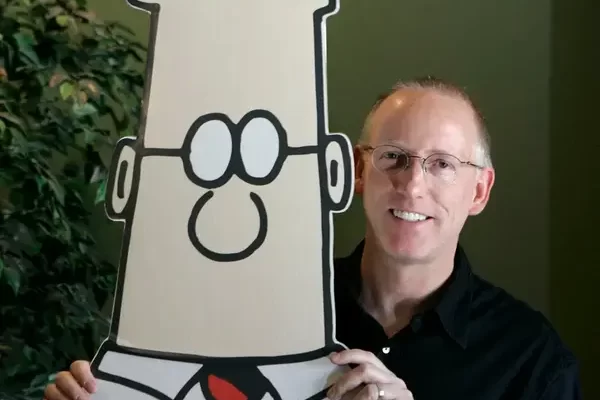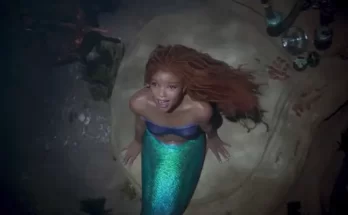Editors and publishers are applauding cartoonists across the country for condemning Scott Adams, the creator of the comic strip Dilbert, after his recent tirade against black people. Hilary Fitzgerald Campbell, a cartoonist for The New Yorker, said, “I’m glad to see publishers, magazines, and newspapers dropping him because such language should not be tolerated.
The Washington Post and The Los Angeles Times, among others, have announced that they will no longer carry Adams’ work. “It’s a relief to see him held accountable.” The distributor of Adams, Andrews McMeel Universal, announced on Monday that they were cutting ties with him because the company does not support “any commentary rooted in discrimination or hatred.”
According to the Wall Street Journal, Penguin Random House’s Portfolio imprint will no longer publish Adams’ upcoming book, Reframe Your Brain.
The fallout was sparked by a YouTube livestream posted Feb. 22, when Adams referenced a Rasmussen poll that revealed only a slim majority of Black Americans agreed with the statement “It’s okay to be white.” He then accused Black Americans of being a “hate group” and urged white people to stay away from them.
There is a long history of Adams spewing problematic views, say cartoonists. Adams has inaccurately described those who were not vaccinated against COVID as “winners” of the epidemic. As well as questioning the accuracy of the Holocaust death toll, Adams claims he has lost multiple job opportunities because he is “white.”
“Now that everyone is piling on him, what took so long?” asked Keith Knight, an illustrator known for his comic strips The Knight Life, (th)ink and The K Chronicles. He is also a co-creator of the Hulu comedy show Woke, which chronicles the life of a Black cartoonist.
Cartoonists disagree with Adams’ claim that he has been “canceled”
After receiving widespread pushback for his offensive rant, Adams described himself as getting canceled. But cartoonists argue that he is simply being held accountable for his remarks. “By Adams saying he’s been canceled, it sends a strong message to other people who may feel emboldened to speak out in an offensive or hurtful way,” said Ward Sutton, who has contributed illustrations to The New York Times, The New Yorker and Rolling Stone. “He’s trying to take full responsibility for the things he’s said and the effect they have on other people, whether or not he actually gets canceled.”
If they don’t want Dilbert in their paper anymore, they have the right to cut ties with Adams. He said newspapers are not obligated to run Dilbert.
His Latino-American comic Baldo, best known for his freedom of speech, is no different, but he believes in freedom from repercussions. “Don’t gloss over this by saying politics or cancel culture,” he said. “If you offend people, you risk paying the price.”
Despite the controversy surrounding his video, Adams stands by what he said and even received support from billionaire Elon Musk, who is frustrated with “cancel culture.
Although Adams is unapologetic about his stance, Knight believes Adams’ departure from newspapers will allow a more diverse group of artists to showcase their work, adding that it can be difficult for artists of color to break into the industry. “I say it all the time: cats have more representation on the comics page than people of color,” Knight said. “This could be an opportunity for the comics page to diversify.”




